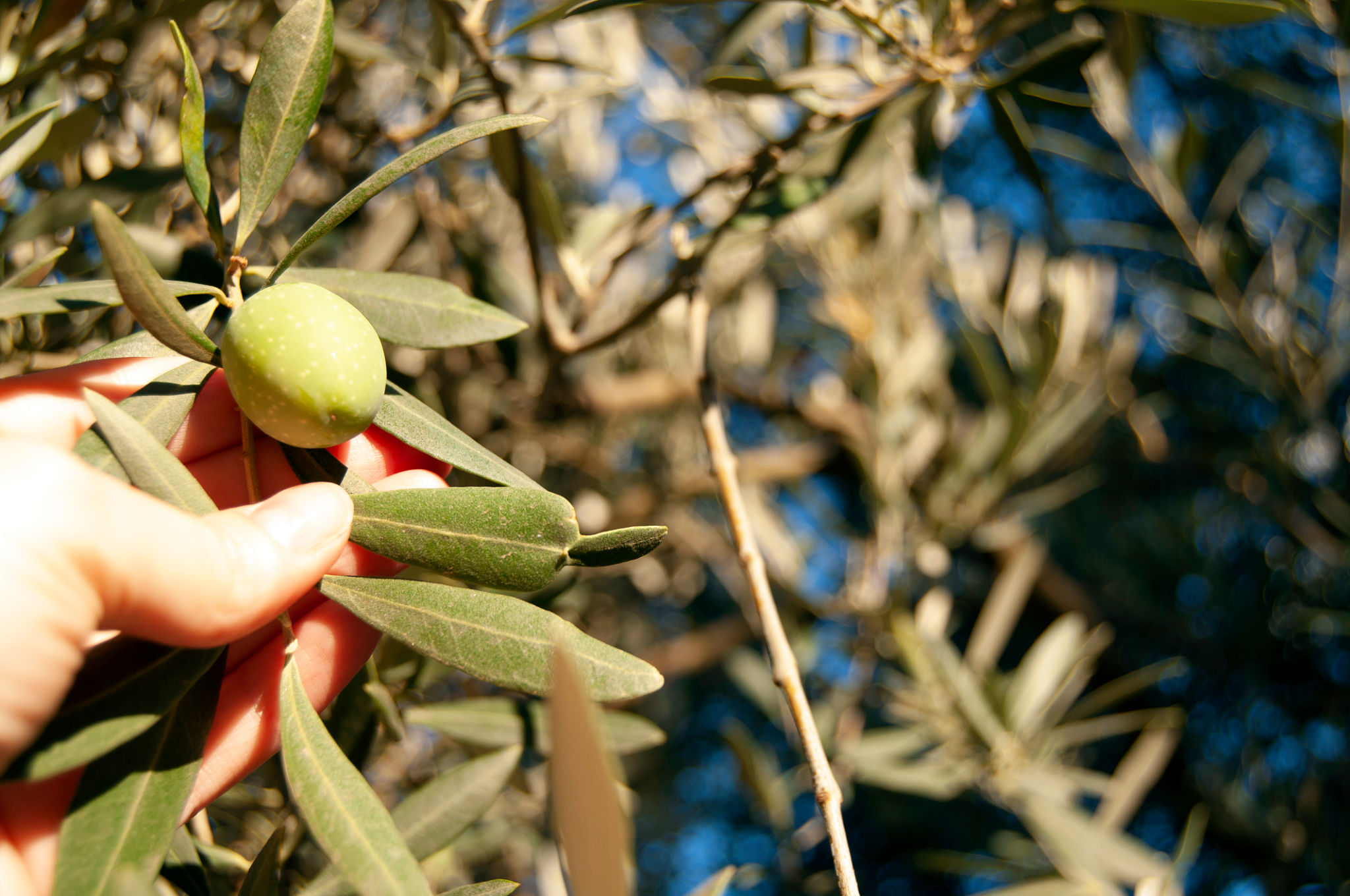Busting Myths: Common Misconceptions About Olive Farming
Understanding the Basics of Olive Farming
Olive farming has been practiced for thousands of years, yet many misconceptions still surround this ancient agricultural practice. It's time to separate fact from fiction and provide a clearer picture of what modern olive farming truly entails.

Myth 1: Olive Trees Need Constant Water
A common misconception is that olive trees require constant watering to thrive. In reality, olive trees are incredibly drought-tolerant. They have adapted to survive in arid climates with minimal water. Excessive watering can actually harm the trees and reduce the quality of the olives produced.
Myth 2: All Olive Oil is the Same
Many people believe that all olive oil is created equal, but the truth is far more complex. Olive oil varies significantly in taste, quality, and nutritional value depending on its production process. Extra virgin olive oil, for example, is the highest grade, offering the most health benefits and flavor.

The Economics of Olive Farming
Myth 3: Olive Farming is Not Profitable
Another myth is that olive farming is not a profitable venture. While it requires initial investment and patience, olives are a high-value crop with growing global demand. Farmers can achieve profitability through strategic planning and adopting sustainable practices.
Myth 4: It's a Small-Scale Operation
People often imagine olive farms as small, family-run operations. While this is true in some cases, olive farming can also be a large-scale commercial enterprise. Many farms have expanded significantly to meet international demand, employing advanced technology and methods to increase yield.

Environmental Impact and Sustainability
Myth 5: Olive Farming is Environmentally Harmful
Contrary to some beliefs, olive farming can be quite sustainable. When managed properly, olive groves help combat soil erosion and promote biodiversity. Additionally, many olive farmers are embracing organic and regenerative practices to minimize environmental impact.
Myth 6: It's a Monoculture Crop
Finally, there is a misconception that olive farming leads to monoculture, which can harm ecosystems. However, many farmers implement polyculture practices, growing olives alongside other crops to enhance soil health and create a balanced ecosystem.

By understanding these myths and the realities of olive farming, we can better appreciate this vital industry and its contributions to global agriculture and cuisine. As consumer awareness grows, so does the opportunity for sustainable and profitable olive farming practices.